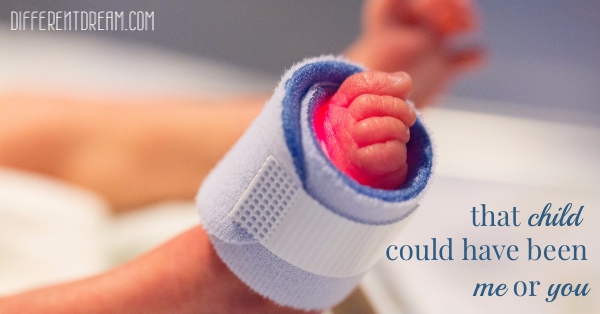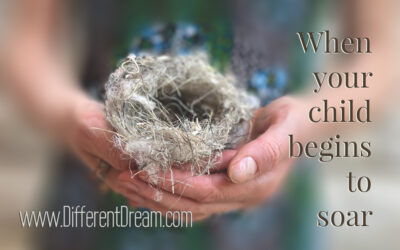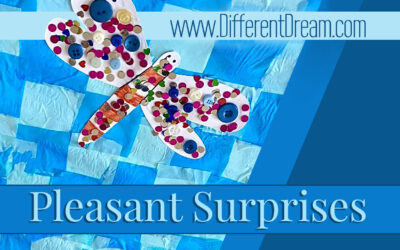That Child Could Have Been Me or You

That child could have been me, I thought as I read through one of the responses to my survey about stress and compassion fatigue in caregivers. The respondent said her 60-year-old child lived with intellectual delays caused by an untreated Rh factor blood disorder. The mother also said that she is still her child’s primary caregiver. With a gasp, I realized the implication of what I had just read.
I am 62.
I was born with Rh factor blood disorder shortly after the disease was discovered.
My disease was detected too late for newly developed treatment methods.
The doctor said my parents would have to wait and see how the disease would affect my development.
Most certainly, that child could have been me.
A chill ran down my spine.
My eyes filled with tears as I imagined this elderly mother, who has to be in her late 70s at the youngest, taking care of her aging child. She’s been a caregiver for 60 years, and she must be wondering who will care for her child when she no longer can.
I contemplated how Rh factor affected my life. For years I struggled with low muscle tone and poor coordination. I shunned physical sports and became a voracious reader, a necessary first step in becoming a writer. The direct line between Rh factor and my present life renewed my determination to redeem the time God has given me. (Ephesians 5:16)
Do you like what you see at DifferentDream.com? You can receive more great content by subscribing to the quarterly Different Dream newsletter and signing up for the daily RSS feed delivered to your email inbox. You can sign up for the first in the pop up box and the second at the bottom of this page.
By Jolene
Jolene Philo is a published author, speaker, wife, and mother of a son with special needs.
Subscribe for Updates from Jolene
Related Posts
The Empty Nest
Guest blogger Maggi Gale describes her utter joy at the empty nest she has after both her daughters have grown up and flown away.
Empowering Kids with Disabilities, Part 1: Meet Basic Survival Needs
Jolene explains how William Glasser’s choice theory taught her about enabling kids with disabilities to meet survival needs.
The Joy of an Unexpected Breakthrough
Guest blogger Mark Arnold shares the joy of an unexpected breakthrough in his son’s journey through autism and epilepsy.






0 Comments